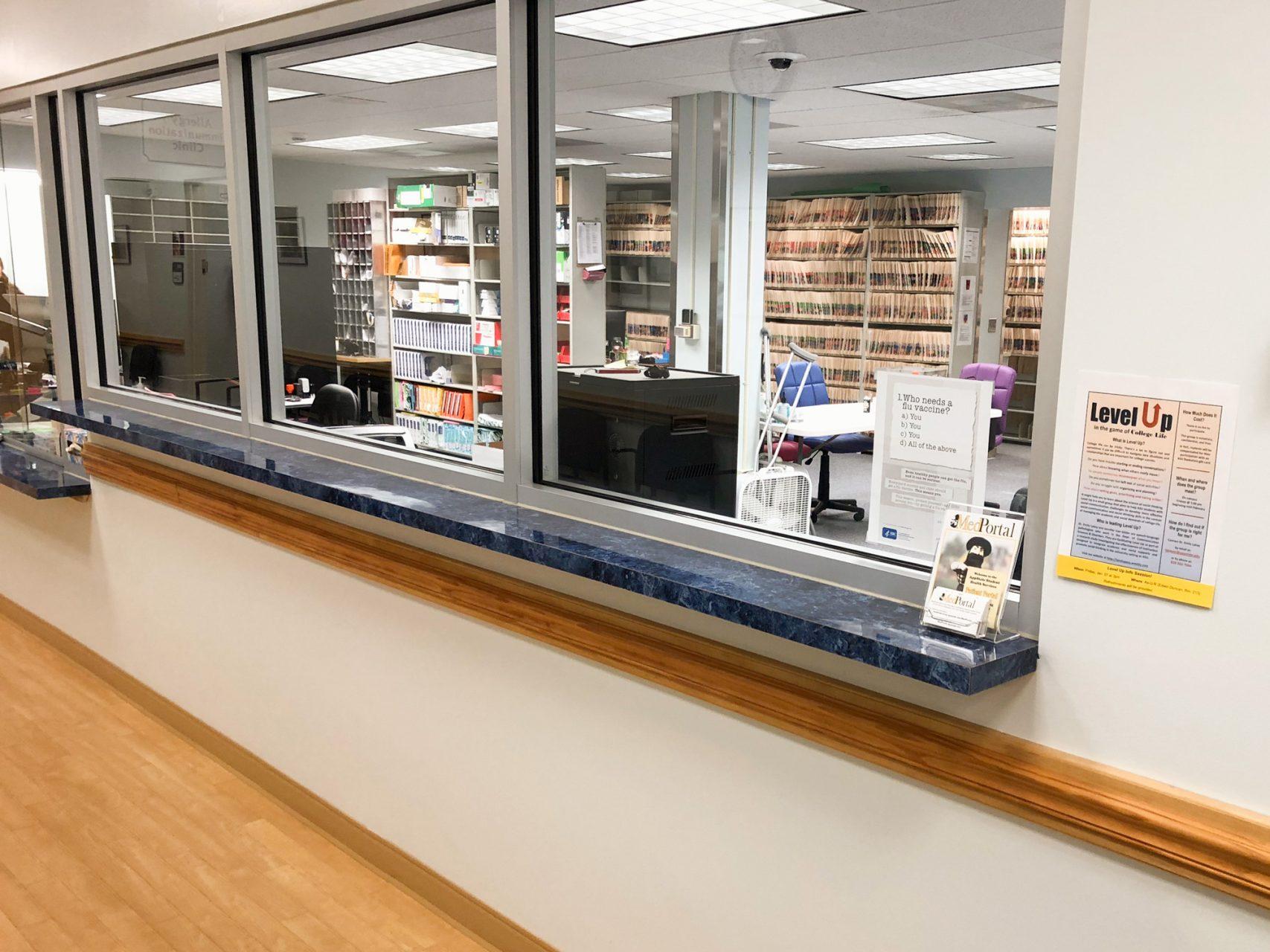According to a 2016 study performed by the Centers for Disease Control and Prevention, a federal agency within the Department of Health and Human Services, 4.4 percent of Americans went without obtaining “needed medical care due to cost.”
Dr. Leigh Beasley of M.S. Shook Student Health Service said that students are able to be seen for typical physicals, as well as more specific needs ranging from orthopedic to sexual health, which can be especially important during the college years.
“We encourage guys and girls to have STD (sexually transmitted disease) screenings whenever you have a change in partner,” Beasley said.
Beasley reiterated that sexual health is nothing to be taken lightly and that even apparently healthy individuals should be proactive.
“A lot of STDs have no symptoms,” Beasley said. “Even with women who have sex with women, and men who have sex with men, there are STD screening recommendations.”
Beasley said it is recommended that any sexually active couple or individual use a combination of medicated contraceptive, such as birth control pills or other medicated pregnancy contraceptives to protect against pregnancy and condoms that protect against the contraction of STDs.
During any visit to Mary S. Shook Student Health Service, students have access to free condoms in the waiting room or patient rooms. Students can also order “a variety of male/external condoms, female/internal condoms, dental dams and lubricants,” from The Condom Fairy.
According to its Facebook, The Condom Fairy is an organization that works to remove the stigma when learning about HIV/AIDS and the ways in which to prevent contracting either. Much like a clown hired for a child’s birthday party, The Condom fairy can be hired to come speak at events to talk about sexual safety in a more relaxed setting than most public school sex education classes.
The Condom Fairy also provides “discrete distribution for those who want it” by allowing individuals to order various forms of lubricants and condoms.
In addition to reactive services and treatments, health services offers a wide array of proactive benefits. One service that is possibly overlooked by students is the Pap smear which screens for cervical cancer. The CDC recommends women to start receiving Pap smears annually at the age of 21.
Sydni Loudermilk, a sophomore electronic media and broadcasting major, said that she goes to health services and Appalachian’s Counseling Center frequently.
“I found out this past week that the women’s center offers menstrual products and condoms and other resources for women that the rest of the university does not offer,” Loudermilk said via email.
She said that despite the inconvenience of such items not being available across campus, it is helpful that the school does offer them for free.
“I honestly took a risk and just went to the health center one day after looking it up because I had a concern with my health freshman year,” Loudermilk said. “I went in hoping they could help and through that I have discovered what they offer assistance in.”
Adult nurse practitioner Karen Goodman said that skepticism comes from students who may have been told by their parents to go see “a real doctor.”
Goodman said that other students may avoid health services for fear of their parents finding out what they were seen for. Goodman said students who voice these concerns do not need to be worried, as the Health Insurance Portability and Accountability Act of 1996 prohibits the disclosure of medical information to outside parties without written consent of the patient.
And though prescriptions processed through a family insurance will indicate what medications were covered, students have the option to pay cash for most prescriptions at the campus pharmacy.
“Every one of us, all of our providers, graduated from universities and colleges that are reputable,” Goodman said. “There’s nothing not real about any of us.”
Story by Dylan Austin, News Reporter

